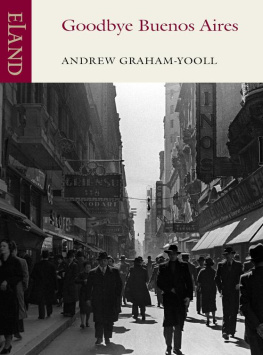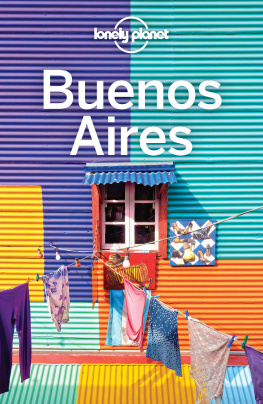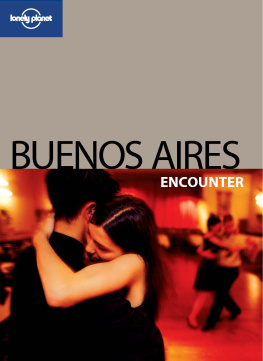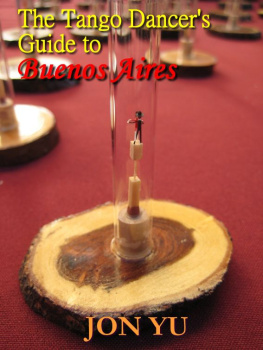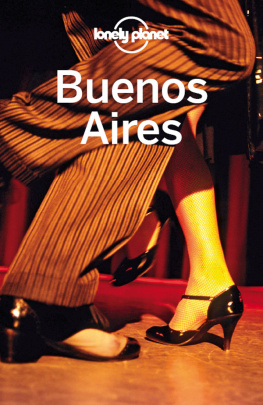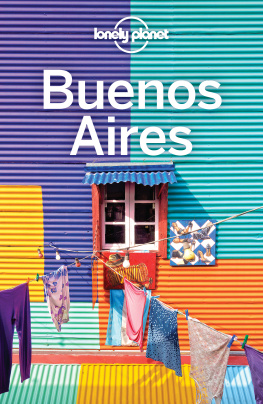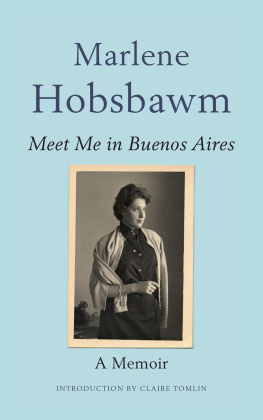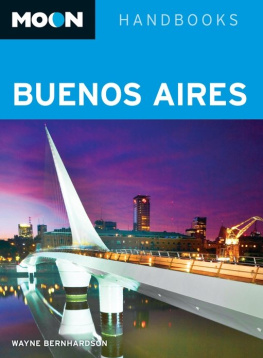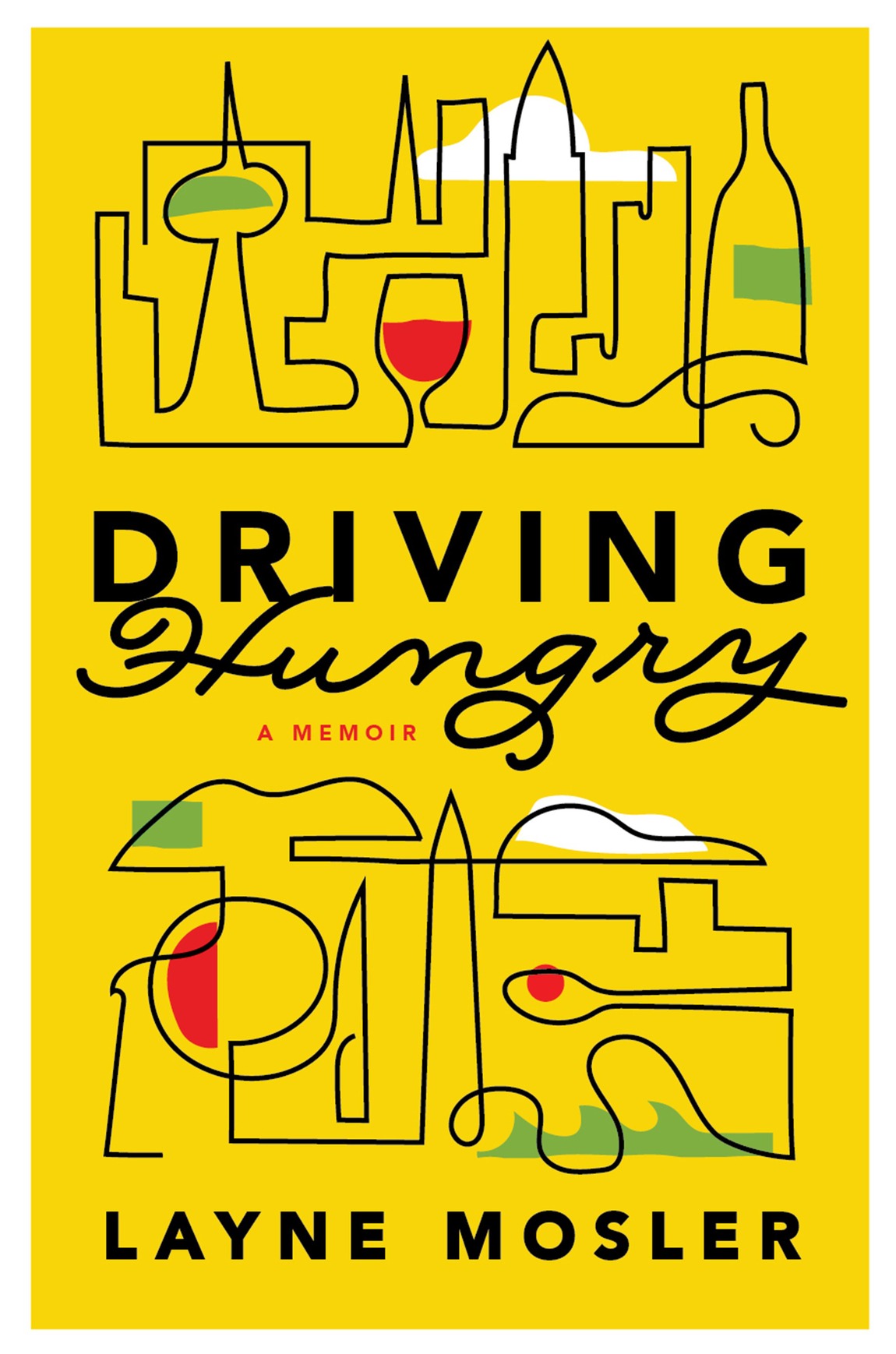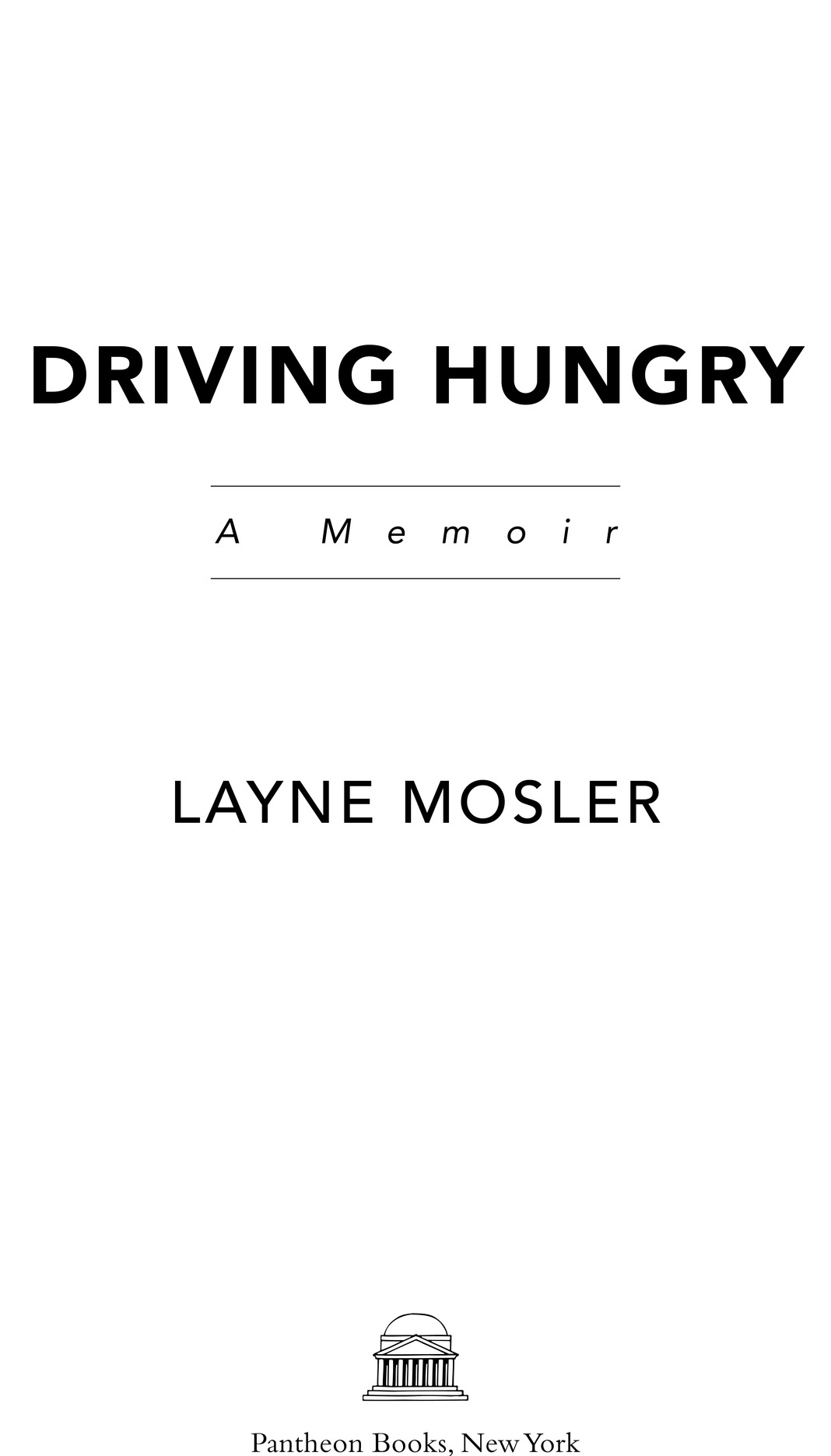I have changed the names and identifying characteristics of some of the people in this book to protect their privacy. For the sake of narrative momentum, I have condensed a period of several years into one year, and in some cases I have rearranged the order of events. In two instances, I have not written about persons who were present in a scene, as I felt their presence would have distracted from the story. Other than that, I have told this story to the best of my memory.
Copyright 2015 by Layne Mosler
All rights reserved. Published in the United States by Pantheon Books, a division of Penguin Random House LLC, New York, and distributed in Canada by Random House of Canada, a division of Penguin Random House Ltd., Toronto.
Pantheon Books and colophon are registered trademarks of Penguin Random House LLC.
Parts of Chapter 7 have appeared in different form in The BestWomens TravelWriting under the title Passion and Pizza in 2011. Other parts of the book have appeared in different form on the authors blog, Taxi Gourmet.
Grateful acknowledgment is made to the following for permission to reprint previously published material:
Duke University Press: An excerpt from Paper Tangos by Julie Taylor, copyright 1988 by Duke University Press. All rights reserved. Reprinted by permission of Duke University Press, www.dukeupress.edu.
Valorie Hart: An excerpt from Balada para un loco by Horacio Ferrer, translated by Alberto Bernardino Paz. Reprinted by permission of Valorie Hart.
Library of Congress Cataloging-in-Publication Data
Mosler, Layne.
Driving hungry : a memoir / Layne Mosler.
pages cm
ISBN 978-1-101-87031-0 (hardcover). ISBN 978-0-345-80268-2 (eBook).
1. Mosler, LayneTravel. 2. Food writersGermanyBiography. 3. Food writersUnited StatesBiography. 4. RestaurantsAnecdotes. 5. Taxicab driversAnecdotes. I. Title.
TX649.M68A3 2015 641.5092dc23 [B] 2014043506
eBook ISBN9780345802682
www.pantheonbooks.com
Cover design by The Heads of State
eBook design adapted from printed book design by Betty Lew
v4.1
ep
Contents
For Leroy and Virginia
I beg youto have patience with everything unresolved in your heart and try to love the questions themselves as if they were locked rooms or books written in a very foreign language. Dont search for the answers, which could not be given you now, because you would not be able to live them. And the point is, to live everything. Live the questions now. Perhaps then, someday far in the future, you will gradually, without ever noticing it, live your way into the answer
Rainer Maria Rilke, Letters to a Young Poet
Buenos Aires
First, one must know how to suffer
Then to love, then to leave,
And finally to wander without thought
Homero Expsito, Naranjo en Flor
Where can I take you? said the taxista, picking up the mate gourd in his lap and taking a quick sip through a metal straw as he glanced at me in the rearview mirror.
I flipped through my planner, wishing Id thought to memorize my new cross streets. Avenida Santa Fe y How many times had I looked at that map on the internet? Santa Fe, y Bulnes, I said, brushing a bead of sweat off my temple. I rolled down the window. January was to Buenos Aires what August was to Miami, and stepping out of Ezeiza airport and into the ten a.m. sunshine felt like walking into a sock, or falling into a vat of broth.
Bueno. The taxista nodded. Santa Fe y Bulnes. He pulled away from the curb, cruising past the other cabs parked in the arrivals areamostly Fiats and Renaults, yellow on top, black on the bottom, they looked like toy cars that might be swept away by a strong wind. Santa Fe y Bulnes, the taxista repeated, glancing at me again in the rearview mirror, a coy smile hovering in the lines around his eyes, which were deep-set and dark brown. We might get caught in a traffic jam, sabs?
I slid closer to the open window, wondering how he could stand to be wearing a long-sleeved shirt. Bueno
Bueno no es, said the taxista. Good its not. We pulled up to the parking booth. Che, Juan! Como ests, viejo? He handed the attendant a few pesos, and the wooden barrier arm rose in a slow, unsteady upward slice, as if reluctant to let us leave the airport. The piqueteros, he said to me, waving around his mate gourd as we drove away from the parking booth and coasted along the curves of the road to the airport exit, are marching downtown.
They are? I stuffed my planner back in my purse. Do you know why?
Who knows? The taxista sipped his matethe green-tea-like beverage that takes up more shelf space in Argentine grocery stores than coffee and tea combinedthrough a silver bombilla until he made a slurping sound. Piqueteros have a right to express themselves, he said, setting the mate on the console, in front of the gearshift. But I also have a right to drive the streets of my city in peace, dont I?
He grinned at me in the rearview mirror, where he had hung a wooden rosary, and a ribbon in Argentine blue and white that fluttered when he merged onto the autopista, which was empty but for a few other taxis. I gazed out at the pampa, shimmering in the midday heat, an ocean of tall grass stretching to the blue-brown horizon. I could comprehend its vastness no more than I could comprehend that I was here, at last.
What are you doing in Buenos Aires?
I looked out the window, not knowing how to answer him. We were driving past a villa miseria (shantytown), where the sun glinted off the corrugated tin roofs and clotheslines sagged between cinderblock huts. Just beyond the villa was a billboard with a slogan painted over the stripes of the national flag: Argentina: un pas en serio. Argentina: A Serious Country.
I wiped another drop of sweat off my temple and thought back to the Night of the Inviolable Oysters.
Youre too slow! the Sorceress shouted at me from the pass-through window, her normally stoic brown eyes magnified and wild behind her rimless glasses. You cant even shuck an oyster!
The Sorceress was a forty-year-old, stringy-haired, pot-bellied chef who was addicted to painkillers and probably under their influence when she decided to name her high-end San Francisco French-Asian fusion restaurant Vertigineuse. I called her the Sorceress because anything she cookedwhite gazpacho, foie gras with mango butter, seared hamachi wrapped in shiso leaveswas impossible to stop eating, whether I was hungry or not.
Now she was trying to woo a dozen VIPs at table 11, starting with oysters on the half shell. I tried to wedge the knife into the shells wavy crease without mangling its contents, but the oyster kept its mouth shut, tightening its seal. The Sorceress rolled her eyes. In that unshuckable oyster, she was seeing all of my ineptitude.


